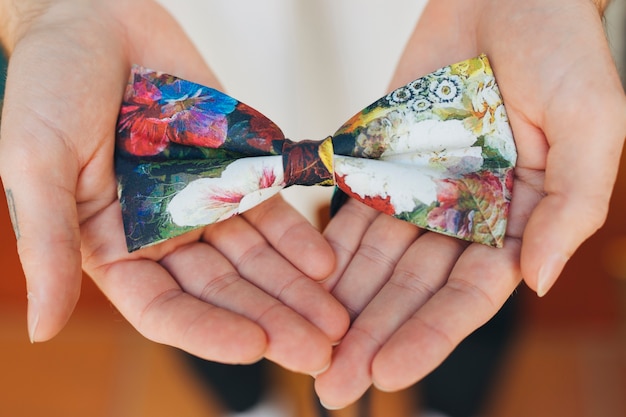
It’s been a while since my last blog post! During this quarantine, I’ve decided to reconnect with the wonderful habit of journaling and blogging. I’ll be sharing my thoughts in a first-person voice, hoping to keep us both entertained. You might feel like you’ve missed out on some updates, but I’ll try to catch you up as we go along. Meanwhile, stay safe and don’t forget to wash your hands.
Here we are on Day 53. Yesterday, we discussed what to do with the stimulus check you might have received—whether to spend it on non-essentials or donate it. If you can and would like to help feed needy families in Guatemala, here’s the link.
If you’re reading this blog, you’re likely in a better financial situation than most, not just by luck, but due to your hard work. You’ve earned your place by saving, hustling, and maybe even taking on double shifts. I have too. I’ve built my net worth as an independent single woman, and I’m quite protective of it.
I support helping those less fortunate, but sometimes, I wonder where to draw the line. Take company bailouts for example. Should a small business next door get a bailout over a big wasteful company? What if both small businesses have the same income, but one owner is frugal and the other is a spendthrift? Why should one get free money and not the other?
We touched on this yesterday with the $1,200 stimulus check. It seems fair in principle that everyone gets the same amount, but should a millionaire get the same as a minimum wage single mom? When you give to a cause or person, do you consider the choices that led to their situation?
I don’t have clear answers. When I give scholarships for girls to go to school in my Guatemalan village, I base it on academic results. One girl may have a hardworking dad who is always hustling, while another girl may have a dad who drinks away the money it would cost to send her to school. Am I enabling the latter dad’s drinking problem by covering tuition and books?
I can’t definitively say if my efforts are always optimal. I read from a homeless person that many charities are stepping up to provide food, so food isn’t the main issue right now. Buying an $8 latte for a homeless person in front of Starbucks may not be as helpful as getting them a decent pair of socks for walking all day. Or maybe that $8 could buy a bus pass so they don’t have to walk to the shelter. But there’s often distrust about how cash will be used.
Can we dictate where our charity should go? Do we really know what’s in the best interest of the person we’re helping?
In my village, besides providing food for the most vulnerable families, I mostly give work. Work provides a salary and the freedom to use it as needed. For charities, I pick ones where I know 100% of the funds go to my cause in Guatemala or similar ones with corporate sponsors covering admin fees.
I could talk about this for hours, but I’d like to invite you to consider not just making yourself feel good when you give, but actually serving the people you’re trying to help in the best possible way.